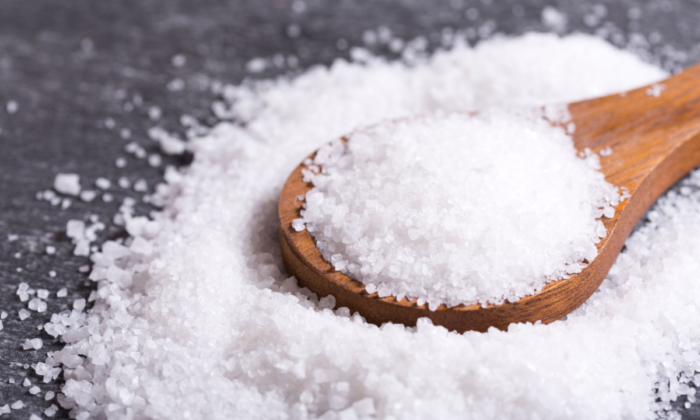Always reach for the saltshaker before taking your first bite? A new study may have you thinking twice. The new study, however, is the first to identify this link in Europeans. “Our research shows the connection between the frequency of added salt and stomach cancer in Western countries too,” lead author Selma Kronsteiner-Gicevic, who holds a science doctorate in nutrition and is a senior postdoctoral researcher at the Medical University of Vienna, said in a press statement.
The study analyzed over 470,000 participants from UK Biobank, a publicly available biomedical database containing genetic, health, and behavioral information. Researchers evaluated how frequently adding salt to meals related to gastric cancer risk based on touchscreen questionnaires from 2006 to 2010. They estimated 24-hour sodium excretion using INTERSALT (a 1988 comparative study on electrolyte secretion and blood pressure) formulas and linked the results to cancer registries.

Body mass index (BMI), diuretic use, and H. pylori infection, a bacterial infection in the stomach linked to gastric cancer, were factored in. The disease is treatable when caught early, with a reasonably good prognosis.
The five-year survival rate for early localized stomach cancer is 75 percent, according to the National Cancer Institute. However, that figure drops to 35 percent for cancers that have spread beyond the stomach. The problem is that a diagnosis is frequently made “a little bit later” because the stomach’s.























